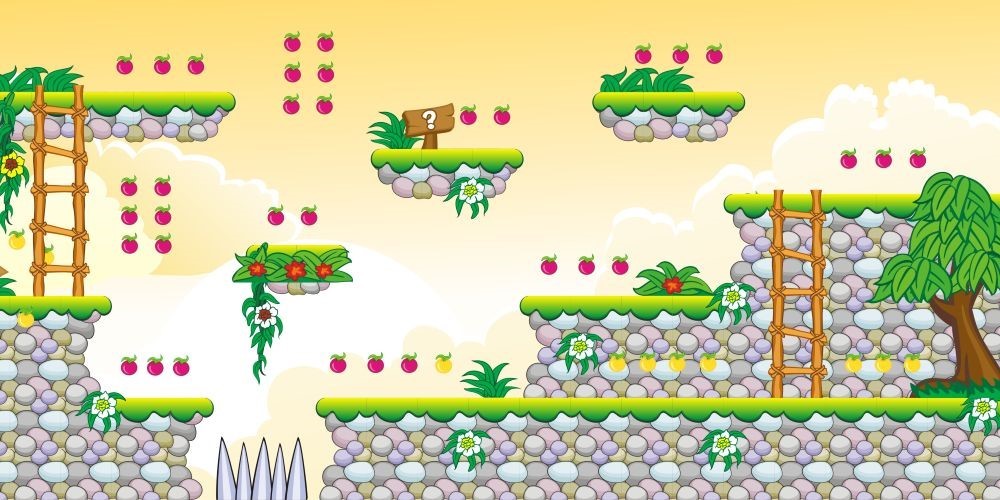
Learn escape games programming
Top 10 game design tips

Creating a game is really easy, especially if you know how to code. But creating a great game is really hard, especially if you are competing with triple A titles. Hopefully, these tips will help you become a better designer and build a game that's actually fun to play.
1. Play lots of games. I know that this may sound counterintuitive, but if you start examining other people's projects (and not just play them) you will see how the big boys are doing their jobs. So, start playing successful games with a clear purpose in mind, if you will. What type of graphics and sounds are they using? What makes their levels special? What particle effects are they using? And why are their games so addictive?
2. Start small. It's always better to finish a small project, and thus have something to show others, instead of biting more than what you can chew. I've seen dozens of teams starting big, and then abandoning their huge projects. So, code a few simple puzzles, use them in a single room, publish your first escape game, show it to people, gather their feedback, and then start a slightly bigger project.
3. Be creative. I said that you should start small, but this doesn't mean that you should create just another tasteless game clone! I know I've covered simple doors and locks and all the stuff that can be found in typical escape games in my articles, but you should always try to come up with something new. To give you an idea, you could turn off the light in a room, and then try to guide people to the proper destination using sounds. Maybe use two sets of sounds: one that's got a high pitch and leads people to disaster and another one that's got a lower pitch and leads them to the exit.
4. Embrace your everyday life experiences like an authentic game designer. Maybe you got trapped in the elevator, for example; how did you manage to get out? And can you tweak that experience, making it interesting, and then incorporate it into your game?
5. Ask for feedback. Your honest friends can be of great help here. Show them your game, and then ask them to tell you what's wrong with it. If this were their game, how would they change it?
6. Join a team or create one. It's much easier to stay focused when you're a member of a team which produces that game you've been dreaming of. If you are a programmer, try to join forces with a talented game artist. I've worked as an indie game developer for far too long, and it wasn't always easy. Now I work with two more people and it's much better.
7. Join a like-minded community of game developers. There are lots of very talented forum users who will be eager to offer you valuable advice for free.
8. Learn game design. Back in the day, there were only a few game design books. Today we are spoiled with all sorts of game design channels on YouTube, and so on, so be sure to make the most out of them.
9. Learn the business component of game development as well. If you are a kid who is coding in his spare time, it's okay to create a game that doesn't sell well. However, if you want to create games for a living, you'd better learn how to make money off your game by working with a publisher, setting up a donation request page on your website, etc.
10. Keep a journal. I use a notebook, and I try to write all my game-related ideas as soon as inspiration strikes. Try to find a pocket-sized notebook and a small pen that can fit in any pocket. You may get away with it by using a smartphone, but I prefer to use the good old pen and paper tools.